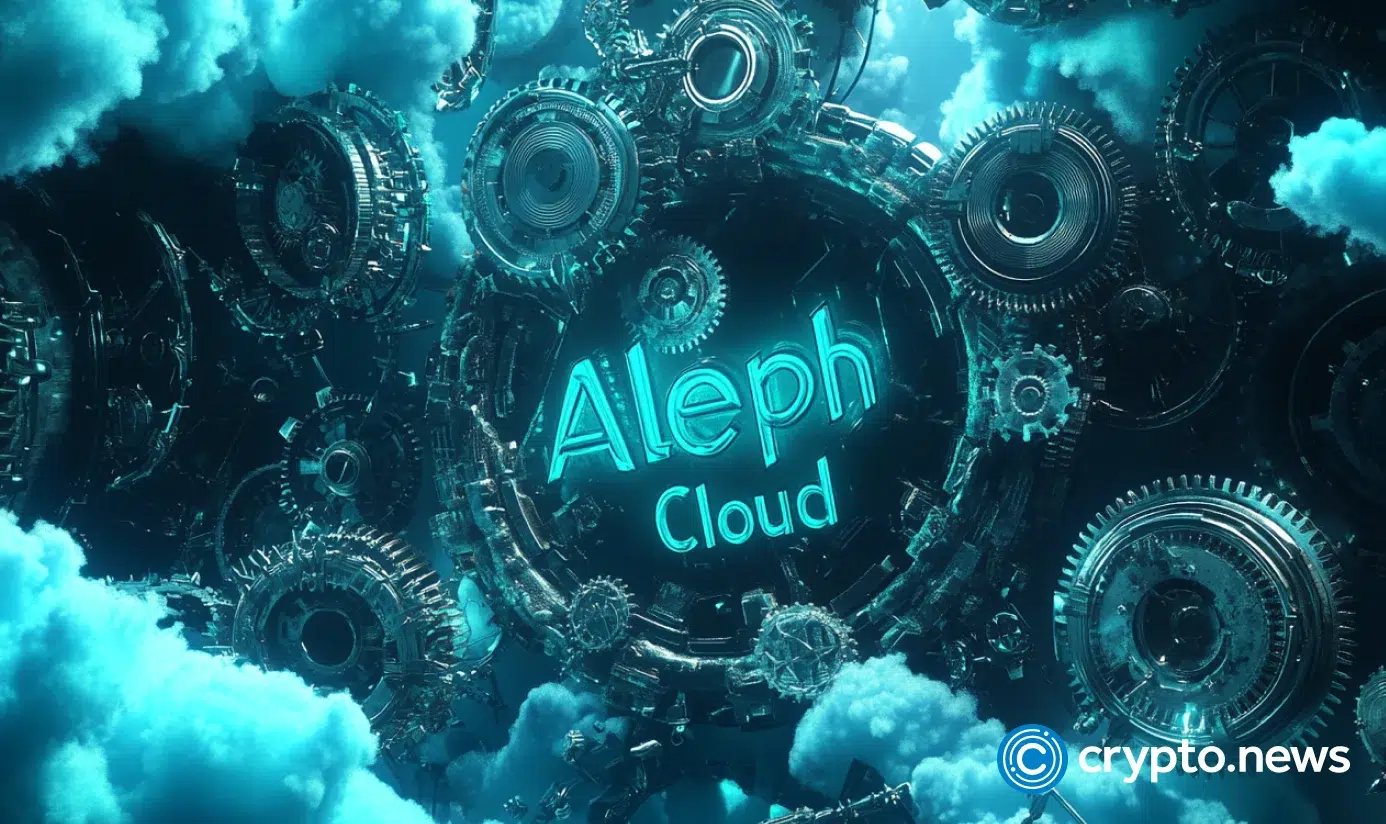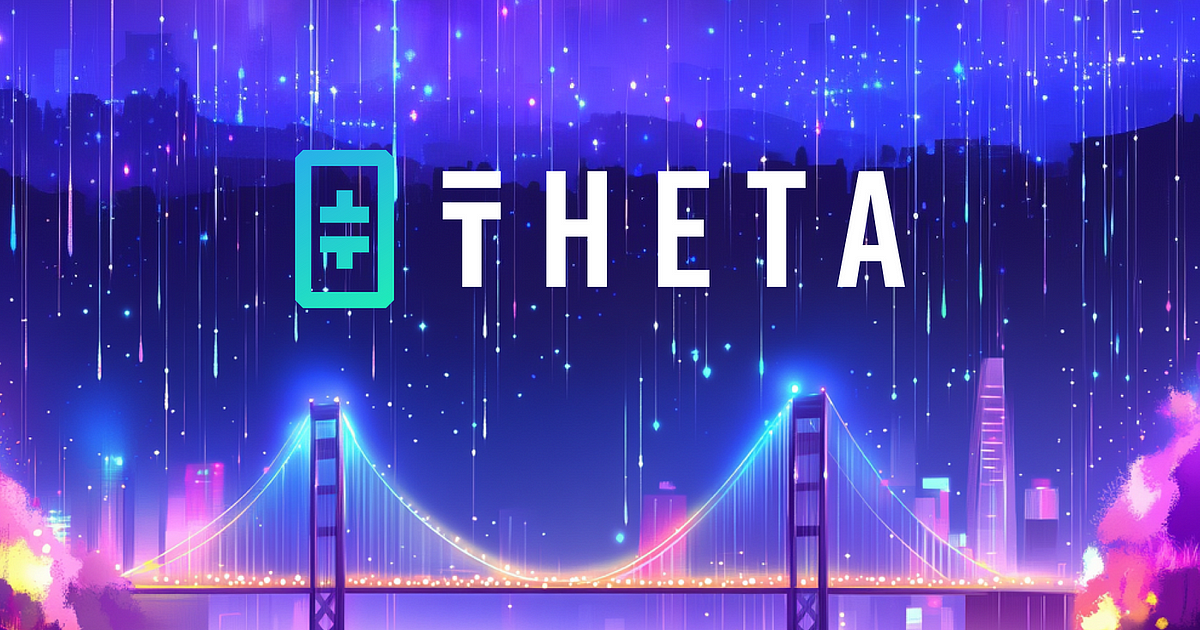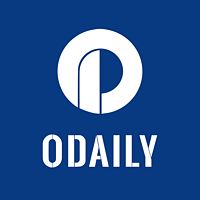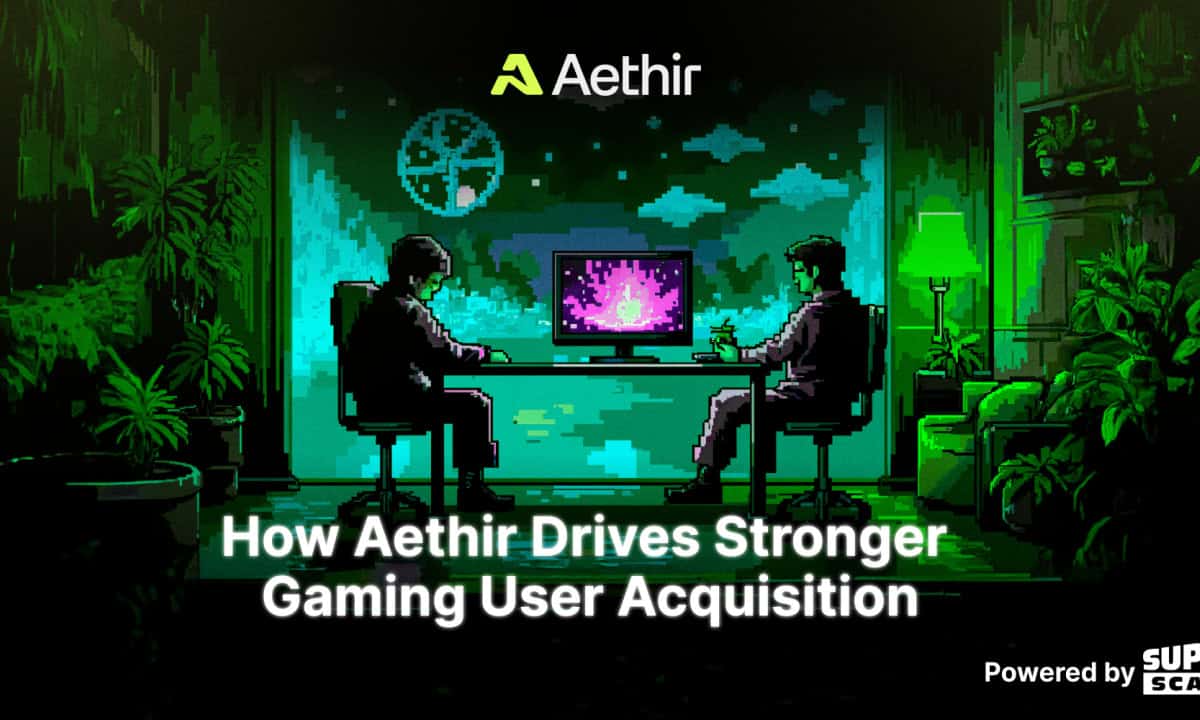io.net Partners with OpSec to Enhance Decentralized Cloud Operations

io.net, a Decentralized Physical Infrastructure Network (DePin) for computing networks, has partnered with OpSec, a privacy-focused cloud solution. This collaboration will integrate io.net’s decentralized GPU resources into OpSec’s cloud infrastructure, enhancing cloud operations for developers and enterprises. The partnership will develop a proof-of-concept to showcase the efficient deployment of OpSec’s nodes across io.net’s network, improving scalability and accessibility of cloud resources. This is expected to support a wide range of machine-learning models and cloud-based applications. Despite these developments, io.net’s native currency, the IO token, has faced significant market volatility, declining by over 30% after reaching an all-time high. The token plays a crucial role in the io.net ecosystem, facilitating services, transactions, and fees, and incentivizing contributors for their GPU power.
Related News





